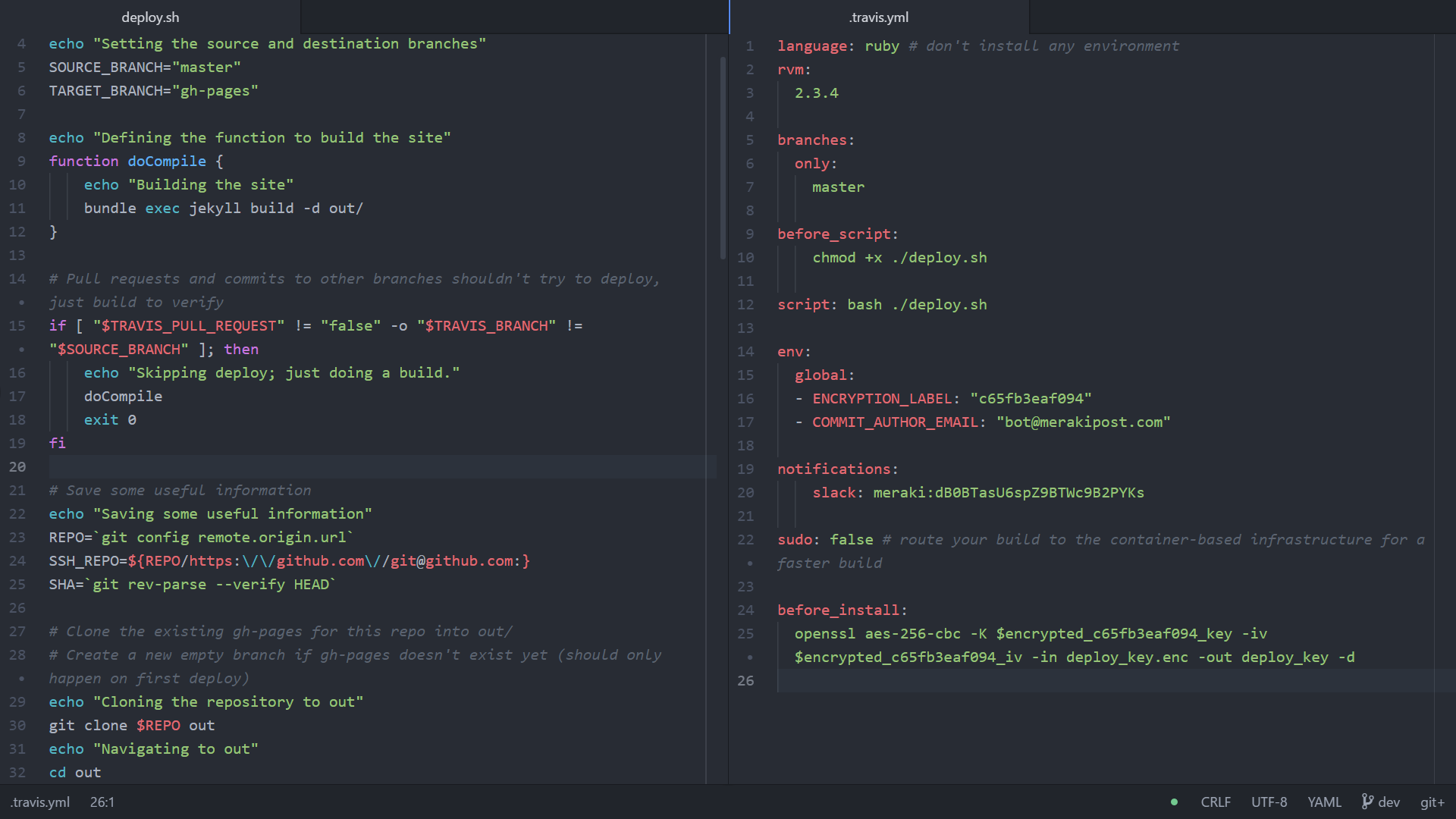My journey with Meraki Post started on the day I met Veena for the first time in a boring cafeteria of Manyata Embassy Business Park (and got judged big time), back in 2015. One of my buddies had referred her to me, when she (Veena) had mentioned about “improving the look-and-feel” of her “book blog”. All this happened at a time when I was not serious about anything in life. And that day, I actually made a serious effort to truly work on something I liked. That day, Meraki Post got itself another team member: The Snob. And to this day, Meraki Post is something I consider close to my heart.

Being an “IT guy” among non-IT humans is a whole different experience. On the one hand, the non-IT humans judge you, and on the other, they are very generous about the thanks they send across to you. And that is one kind of encouragement I like, apart from the good feeling that you get when you make someone’s task easier.
And being part of IT in our world requires that you keep looking for ways to improve the online experience. We do that for our clients all the time. We have this brainstorming session every year, wherein we find out ways we can improve the customer experience, along with the ways we can completely transform the IT experience. To me, improvement in IT is when you are able to make the computers do what they can (as in, delegate those things that a computer can do, to the computer), so that as a human, you can focus on more value-adds for the client.
The month of May this year was a period of transformation for Meraki Post on the technical front. We launched Meraki Post 2.0. We set the wheels rolling, around mid March, with the goal to ensure we engage all the resources we have at our disposal, and focus on one primary thing for us: good literature. And today, I’d like to give you a little sneak-peek at one of the things we do in that context.
The first step for us was to implement a communication platform, where we could communicate easily, on enterprise grade software. WhatsApp, Facebook Messenger, all of them are … let’s just say, that’s like expecting an apple tree to grow cell phones. Of course, we didn’t have the funds or the manpower to offload everything to Microsoft or Google, so we chose Slack. I’d tried to convince my manager (at work) to run a trial of it because I’d loved the personal trial. However, our client wasn’t comfortable with it, so we never implemented that there. But we at Meraki Post were OK with its terms and conditions, and weren’t really concerned about the data Slack would store. Psst: We don’t discuss sensitive stuff there. We crated off the necessary channels, and jumped right in!
Apart from being a communication platform, Slack offers literally a truckload of integrations, through its APIs. And the world seems to love Slack. So almost any reputed service you can think of has a Slack integration. Except Facebook. Ahem.
Keeping in mind the limit on the number of integrations we could have with a “free” team, we added Trello, so we could manage the post schedules, assign tasks to each other, keep track of to-dos, track issues, etc. We also enabled Twitter, so that we get notified on Slack whenever someone mentions @merakipost on Twitter. Then, we added GitHub and Travis CI, so we get notified whenever any one of us adds content to the site, and whether after that, the automated site build passed or failed. This was some of the basic setup we did. And life went on for a few months. Smoothly.
Recently, among the small enhancements we made, was another bunch of automation using Zapier. We created and customised Zaps, that would now:
- Notify us as soon as a scheduled post goes live, with a message containing the new link.
- Send us a notification whenever there’s a comment activity on any of our posts, with all the necessary details.
- Post our social content to multiple channels, without us having to open multiple apps and take care of the social sharing.
Why all this?
Because that’s where the world is going. The world is automating everything that can be automated. When automation increases our speed and efficiency, it would be unwise not to leverage it. Now, with all this taken care of, our efficiency has improved. It decreases our interaction time. You could mention us on Twitter, and be assured that your tweet would be seen by at least one of us, and that the necessary action would be taken. We can now be more accessible and friendlier than before. We’ll be able to quickly highlight things that we want to highlight, and so on.
At the end of the day, we all have a day job. And while we truly love what we do, we would still like it simplified, and use as less time as possible, with the nitty-gritties. This is one of the ways we go about that—a true win-win.
If you have any suggestions, or thoughts about what we do, we’d be glad to hear them. And with Disqus integrated with our go-to communication platform, there’s no better time than now to start interacting with us! Go on, share with us your thoughts. We’ll be glad to improve what we do.
Have a great day!